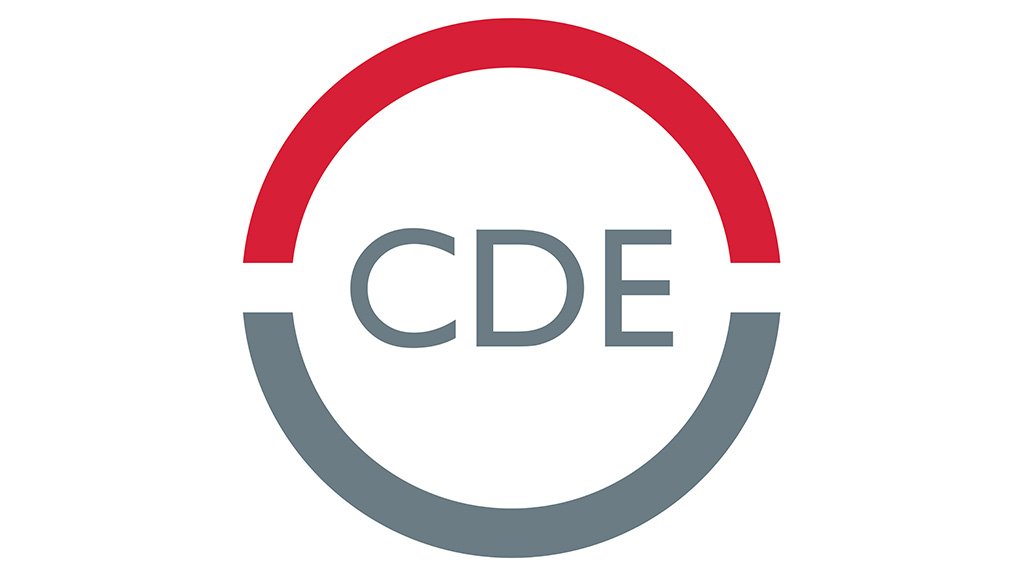/ MEDIA STATEMENT / The content on this page is not written by Polity.org.za, but is supplied by third parties. This content does not constitute news reporting by Polity.org.za.
Ahead of next week’s Medium Term Budget Policy Statement (MTBPS) a new, hard-hitting report by leading policy think tank, the Centre for Development and Enterprise (CDE), sets out what government must prioritise to reverse the collapse in economic growth.
CDE executive director, Ann Bernstein emphasised: “The essential precondition of growth in South Africa today is that you can’t start to rise until you have stopped falling.”
Government needs to focus on three priorities to stop the country from falling apart: improving security and the rule of law, addressing the crises in energy and logistics, and stabilising public finances.
“These priorities are not a recipe for rapid and sustained economic growth. But failing to prioritise them will guarantee that accelerated and sustained growth can never be achieved,” said Bernstein.
“The implementation of these priorities must be guided by hard-nosed realism about what government can do now. Everyone should stop fantasising about a capacitated state emerging soon and recognise that pro-market policies will work far better than policies that weaken markets,” Bernstein added.
Improving security and the rule of law: The deepening penetration of organised crime into a rising number of economic sectors is a brake on growth.
To combat this, government needs to build state capacity to resist the mafias that are making economic growth increasingly impossible. Law enforcement agencies should be making more aggressive use of terrorism and sabotage charges against people who use violence and the destruction of property to secure a policy change or some other concession from government. They should also explore the more aggressive use of charges relating to money laundering, which would make it possible to prosecute people who benefit from the proceeds of crime.
Government also needs to build the state’s capacity to protect itself from corrupt members of the political, bureaucratic and economic elites. Prosecutors seem determined to maximise the number of charges they put to every accused person and, as a result, investigations are endlessly delayed. A more efficient approach would be to lay a narrower set of charges – even if these are not the most serious – so that cases can proceed more quickly. Prosecutors should also be open to plea bargains.
Addressing the energy and logistics crises: The collapse of state monopolies Eskom and Transnet due to cadre deployment, corruption and poor leadership has undermined economic growth.
Government must start by addressing the technical, managerial and governance deficits in both Transnet and Eskom. Then, government must unwind Eskom and Transnet’s statutory monopolies and develop competitive markets for the generation of electricity and provision of logistics.
This will require the establishment of an independent systems operator buying electricity from lowest-cost producers on a continuous basis, proper feed-in tariffs and adjustable tariffs. A liberalised logistics market might involve competing firms using the freight lines and providing port services so that users would be able to choose the best offering from more than one provider.
The need to create markets in these sectors is not satisfied through public-private partnerships and subcontracting arrangements. These might improve efficiency in the short term, but they are not a real departure from the basic model of a monopoly provider and could result in a new form of corruption and state capture.
Stabilising public finances: Although National Treasury articulates the need to reduce the deficit and stabilise the debt ratio, far too little has been achieved.
There is no option but to implement spending cuts. This also means rolling back the commitments government has been making for higher levels of spending, whether in the form of faster-than-inflation increases in public sector salaries, unrealistic promises relating to a basic income grant, and the uncosted commitment to fund the NHI.
There are no easy ways to cut government spending and doing so will provoke resistance from those affected, particularly public servants. Nevertheless, it is imperative that government:
• Identifies and implements a plausible strategy to reduce expenditure; and
• Starts explaining to public servants, Parliament and the general public why spending cuts are both inevitable and necessary, and how they are going to be done.
Cuts should be made where public spending offers the lowest returns. This might include subsidies provided to favoured sectors and businesses, and financial support provided to public entities that have reached a point of institutional failure. The specifics have to be carefully considered and, given the urgency of the situation, would require rapid review.
To achieve larger cuts we believe it is possible to consider shutting down whole government departments, or components of departments, or reducing the size of bloated divisions like human resource management and communications, which tend to be highly inefficient and deliver little value.
It is undesirable to reduce spending on the infrastructure necessary for growth. In the context of state weakness and fiscal constraints, expanding the role of the private sector in infrastructure delivery must be a top priority. This will require the long-promised reforms to the public private partnership regime to be implemented.
The role of leadership: Importantly, CDE’s report makes the case for the right leadership to implement these priorities.
“Replacing ineffective leaders and officials with more effective ones is, in fact, the first principle of reform. South Africa now needs leaders that place the interests of the country (not the party) at the heart of its agenda, led by a President who is backed by a committed, credible and unified team that understands how to manage and bed-down change in complex systems,” said Bernstein.
Issued by Centre for Development and Enterprise
EMAIL THIS ARTICLE SAVE THIS ARTICLE ARTICLE ENQUIRY
To subscribe email subscriptions@creamermedia.co.za or click here
To advertise email advertising@creamermedia.co.za or click here











